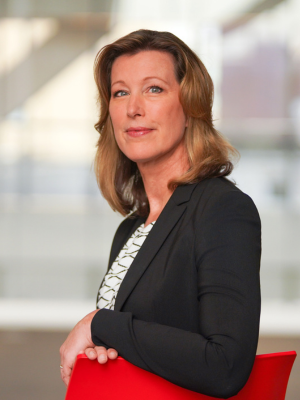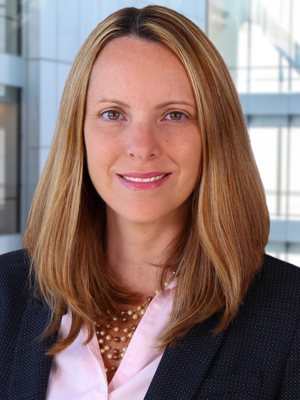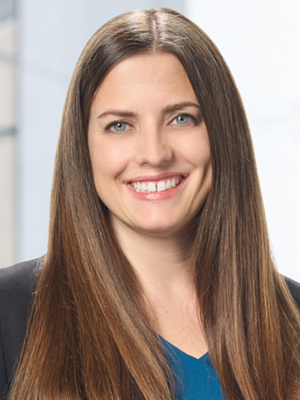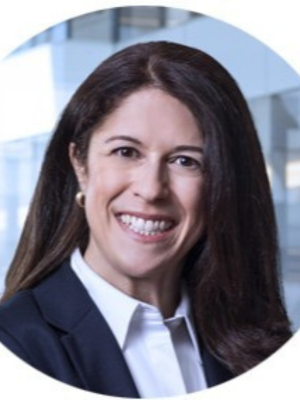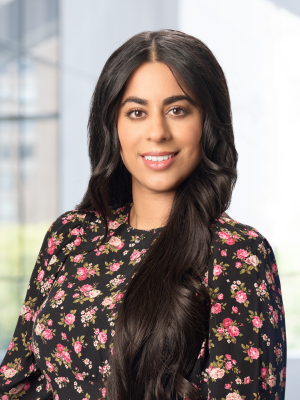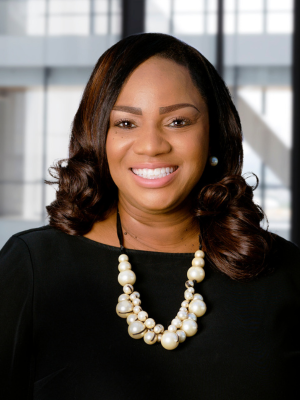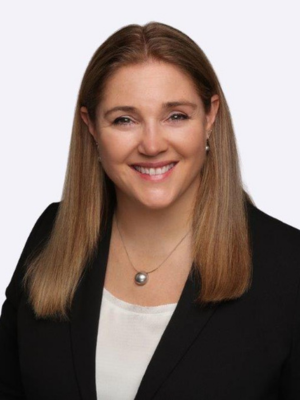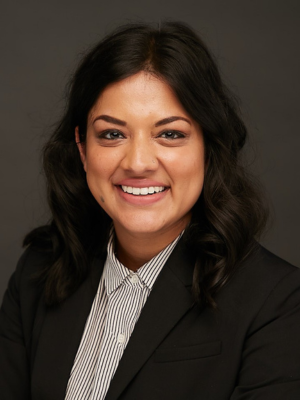 “I love working in technology—it’s where problem-solving and innovation intersect,” says Neha Singh. “No matter your role or industry, technology is relevant, shaping how we work, communicate, and access information. It’s ingrained in every part of our lives, and that’s what draws me to this space.”
“I love working in technology—it’s where problem-solving and innovation intersect,” says Neha Singh. “No matter your role or industry, technology is relevant, shaping how we work, communicate, and access information. It’s ingrained in every part of our lives, and that’s what draws me to this space.”
For Singh, the evolution to a career that is both intellectually challenging and fulfilling has been shaped by her passion for problem-solving and her family’s enduring values. Raised in Minnesota by immigrant parents, Singh credits her family’s resilience and work ethic for shaping her approach to life and leadership. “My parents immigrated from India and worked their whole lives to provide for us. They instilled in me that there’s always a solution to a problem if you work hard enough,” she shares. This ethos of tenacity and responsibility has guided her through pivotal career moments and into her leadership role today.
Technology as a Tool for Connection
Although she now is clear about her purpose and passion, Singh recalls that it took a few false starts to find her way to working in technology. “I graduated in economics without a real idea of what I wanted to do, but I eventually found technology consulting.” The consulting world introduced her to the intersection of technology and business strategy, a space she quickly fell in love with.
“I wasn’t tied to a specific industry. One week, I was analyzing crowd wait times at airports, and another, I was projecting traffic at homeless shelters. It showed me how technology could solve problems beyond just saving time on a report or automating a spreadsheet.”
However, the fast-paced nature of consulting came with challenges. “You’re on the road Monday through Thursday, constantly switching clients, and rarely seeing the long-term impact of your work,” she recalls. These experiences drove her to seek something deeper: a place where she could build relationships and understand the broader business context of her efforts. That search led her to PGIM where she joined as director of Data Strategy Project Management and Analytics.
Now, as PGIM’s Head of Solution Development, Singh is thrilled to have the opportunity to continue making an impact with technology. In Singh’s view, technology isn’t just about tools or processes—it’s about helping people.
“At PGIM, my team’s mandate is to deliver value, not just technology for technology’s sake. We need to comprehend the problem and define how to address it.”
She emphasizes the relevance of technology across all functions and the necessity of making those cross-functional connections to effectively meet their needs.
“We have the opportunity to work with different functions, from HR and Marketing to Sales and Portfolio Analytics, which provides a broader perspective on how business gets done and where opportunities exist for improvement. No matter where you sit, it’s important to connect with different people, areas, and functions to form those value-add relationships.”
Taking Risks and Leaning into Learning
One of Singh’s core beliefs is the importance of taking risks and embracing discomfort. Early in her career, she grappled with the pressure to specialize, but she soon recognized the value of diverse experiences. “It’s about trusting your gut and giving yourself the chance to grow in unfamiliar situations,” she explains. The variety of work in consulting gave her the perfect training ground for this mindset. “You might love one project and be miserable in the next, but it’s all part of building a diverse skill set.”
She emphasizes that this approach applies to every stage of a career. “It’s never too late to learn something new,” Singh states. Singh earned an Executive MBA at Columbia University in 2021 while working full-time at PGIM – a testament to this belief.
“I was already immersed in technology, but I realized my impact would be limited without understanding the business side.”
Singh’s experience in the program, which began just before the COVID-19 pandemic, was as challenging as it was rewarding. “I always reflect on how productive I was during that time. Humans adapt to what’s going on, and I think that phase of my life really demonstrated that.”
Leadership Rooted in Connection and Inclusion
Singh is a leader who deeply values connection and relationship-building.
“It’s all about people for me. I love collaborating with and helping people. I would be nowhere without my team, and leaders who take chances on me and give me new opportunities.”
For Singh, it is also about inclusion and creating spaces for those connections. Reflecting on her time as a consultant, she acknowledges the challenges of often being the only woman or person of color in the room.
“Now, I make it a priority to create an inclusive environment, where everyone feels comfortable. It’s about making people feel like they have a safe space to share and grow.”
This philosophy of inclusion and focusing on the growth and development of others shapes every aspect of her leadership style.
“I’m working on flexing my broader leadership muscles—creating spaces where others can learn without feeling micromanaged. It’s hard for me to step back because I love being hands-on, but I know it’s essential for the team’s growth.”
Acknowledging the impact of leaders who “took a chance” on her and gave her opportunities to learn and develop, Singh hopes to do the same for her team.
Redefining Impact
Throughout her career, Singh’s understanding of “making an impact” has evolved. Early on, she aspired to tackle grand, global challenges, like the ones she encountered during her work with a public health organization in South Africa. “I was working on issues like access to medicine in developing countries, and it gave me perspective on the broader array of problems in the world.”
However, she’s come to appreciate that impact doesn’t always have to be monumental.
“You can make an impact even if you are behind a desk,” she reflects. “Even small contributions, like cutting weeks out of a reporting process, can make a big difference. It’s about understanding the value of what you’re helping people achieve, even if it’s not a headline-grabbing problem.”
Singh points to fostering the next generation of leaders, particularly women, as a way she wants to continue to make a difference going forward.
“The more young people and young women we can help give opportunities and bring up with us is what I want to focus on.”
This philosophy also shapes her personal life. Inspired by her mother’s and sister’s examples, Singh has volunteered as an advocate for sexual assault victims at a city hospital. Though her efforts have taken a backseat since becoming a parent, she remains committed to finding ways to give back. “Helping women has always been a priority for me, and it’s something I want to continue doing in the future.”
Looking ahead, Singh remains focused on growth—for herself, her team, and the business. She also looks forward to spending time outside of work exploring all that New York City has to offer with her husband and two-year-old son.
By Jessica Robaire

